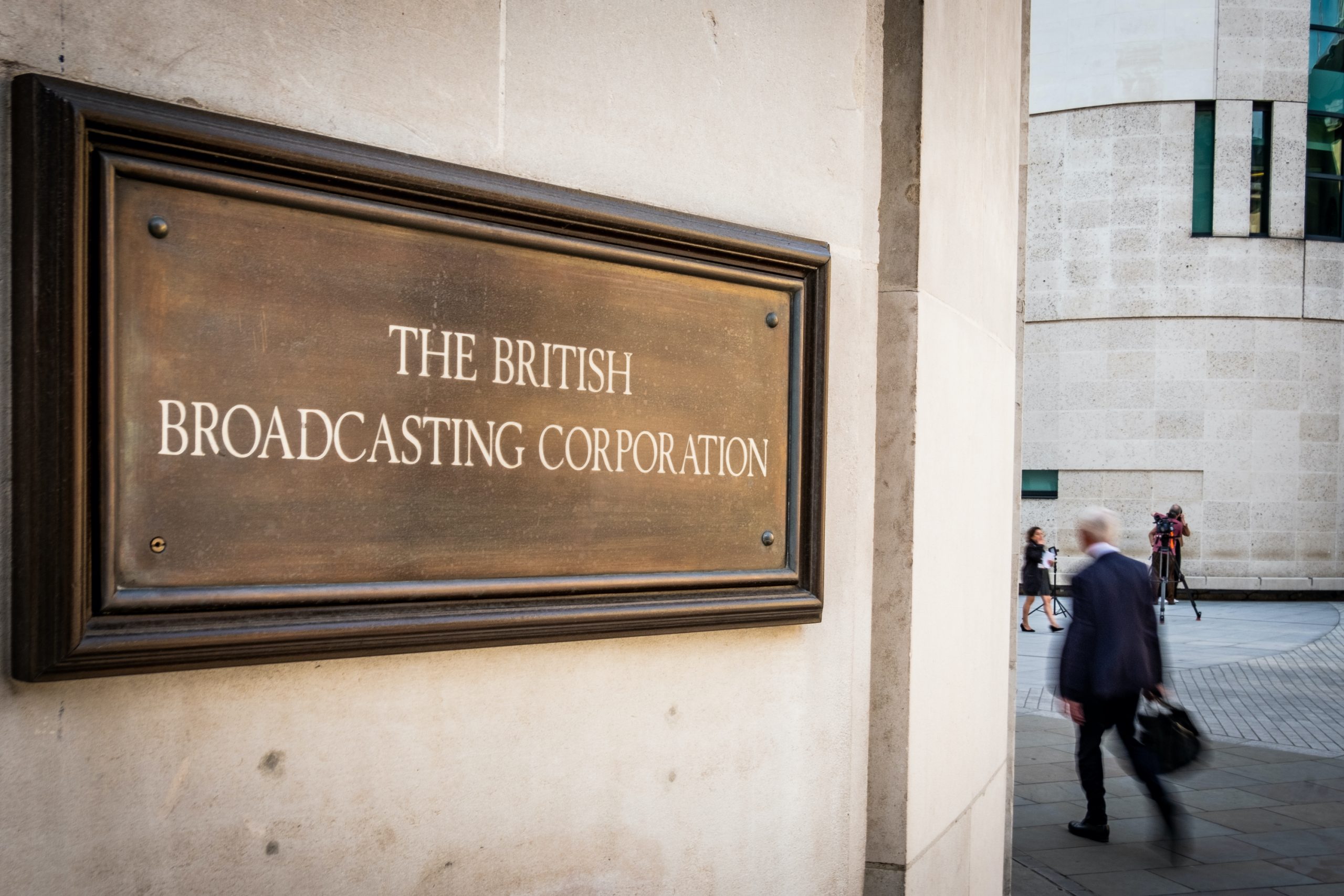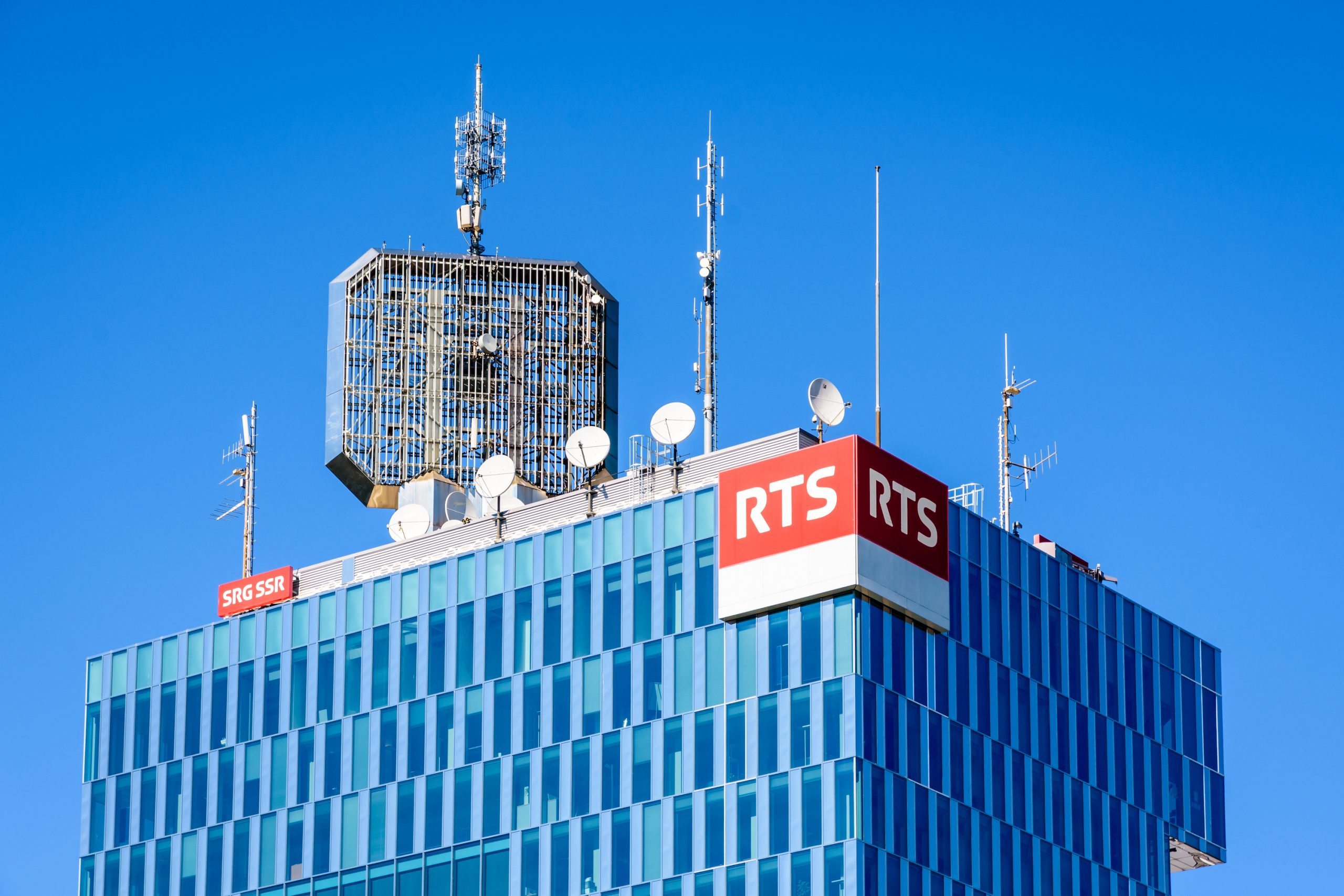100 Years of PSM
Public Media: As relevant as ever
18th October 2022
Times have changed but the core values of independent public service media remain vitally important and necessary.

By Kristian Porter, CEO of the Public Media Alliance
When the British Broadcasting Company was founded on 18 October 1922, not even those involved quite knew what they had started. It was, after all, an amalgamation of wireless manufacturers across the UK. In November 1922, they held their first broadcast.
It was not until 1927 when the British Broadcasting Company became the British Broadcasting Corporation, complete with a Royal Charter, a Director-General, and a public service purpose.
The BBC’s centenary marks the birth of public service broadcasting. It helped to establish the notion that access to quality information, entertainment, and education was a public good, and those who provided it were doing a public service. The notion caught on, and the BBC set a precedent for what is now multi-platform public service media around the world.

In many ways, public service broadcasting has wholeheartedly changed since then. Consider those black-and-white images of families huddled around a radio recorder every evening for entertainment. That image is now a historical artefact. What is the modern equivalent? Families settled around a Smart TV, each member scrolling on a different type of device, multiple programmes being streamed simultaneously?
Media consumption has changed and continues to change at a staggering pace. The market disruption caused by streaming platforms has completely altered the landscape, even though it was public service media which first developed on-demand services (both YLE’s Areena and the BBC’s iPlayer began 15 years ago this year), demonstrating how PSM have always been a hotbed of innovation and experimentation. News is now consumed by many, not simply through the nightly broadcast news bulletins, but through social media platforms. Access to smart phones and social media has led to a revolution in content production, allowing anyone to ‘become’ a media figure. Consequently, this has seen many audiences move away from trusted news sources and towards individuals, influencers, on social media. This has significant consequences, especially when it comes to the rise of mis- and disinformation through these ‘alternative media’ actors.
The BBC’s centenary marks the birth of public service broadcasting. This helped to establish the notion that access to quality information, entertainment, and education was a public good, and those who provided it were doing a public service..
As audiences shifted – both in terms of consumption and demographically – so too have public media organisations. “Digital First” strategies are becoming widespread. Online is the priority. News is no longer just presented via a suit-wearing presenter from a studio, but via a phone in a living room. Landmark ‘event’ television series become available online before the first episode is even broadcast. Live radio is offered on catch-up.
But the desire of public service media, and indeed requirement, to be accessible is the thread that connects public media organisations today to the British Broadcasting Company of 1922. Reaching diverse audiences and engaging communities remains the ever-present goal.
And it simply must continue in this endeavour. From COVID-19 and climate change to the cost-of-living crisis, the importance of access to quality and accurate sources of information has rarely been greater. Despite the clear challenges we all face, facts are heavily disputed or wilfully ignored. Media capture and concentration places the power of the press in the hands of a few. The unaccountable power of big tech influences democracy. Political figures – from across the spectrum, in democratic and non-democratic countries – seek to stifle public interest journalism that is intended to hold power to account. These are global concerns.
Quality, rigorous and independent public media is part of the solution. One study shows that countries with a strong public media system have a society that is more informed about politics, social rights, and welfare, as well as a reduced knowledge gap between the most advantaged and disadvantaged in society. Another report shows that there is a correlation between healthy democracies and the presence of well-funded public media. And another study shows that in countries with strong and independent public media (including the UK), public media organisations are among the highest ranked when it comes to both reach and levels of trust.
Let us use this centenary to remind those who seek to delegitimise independent public service media of its irreplaceable value and role in underpinning healthy democracy and informed societies.
The BBC’s first ever charter recognised and allowed the fulfilment of public media’s potential. “To inform, to educate, and to entertain” remains the cornerstone of public service media. “Without fear or favour” continues to be the mantra of independence to which so many public media organisations aspire to.
100 years ago, the BBC set a precedent, and it has turned into a global phenomenon. But truly independent public media is under threat and in decline around the world. So, as we mark a century of the BBC and of public service media, it is an important moment to celebrate how it has shaped and informed our lives and our societies. But let us also use this moment to remind those who seek to delegitimise independent public service media of its irreplaceable value and role in underpinning healthy democracy and informed societies.
As a concept, as a principle, and as an entity, public service media has largely withstood a century of incalculable change. For all our sakes, it must withstand the century ahead.
Related Posts
5th October 2022
100 years of radio in Switzerland | Le radio a 100 ans en Suisse
The CEO of Swiss public broadcaster SRG…
5th September 2022
Celebrate 100 years of public service media with us!
PMA will be celebrating the 100th…
